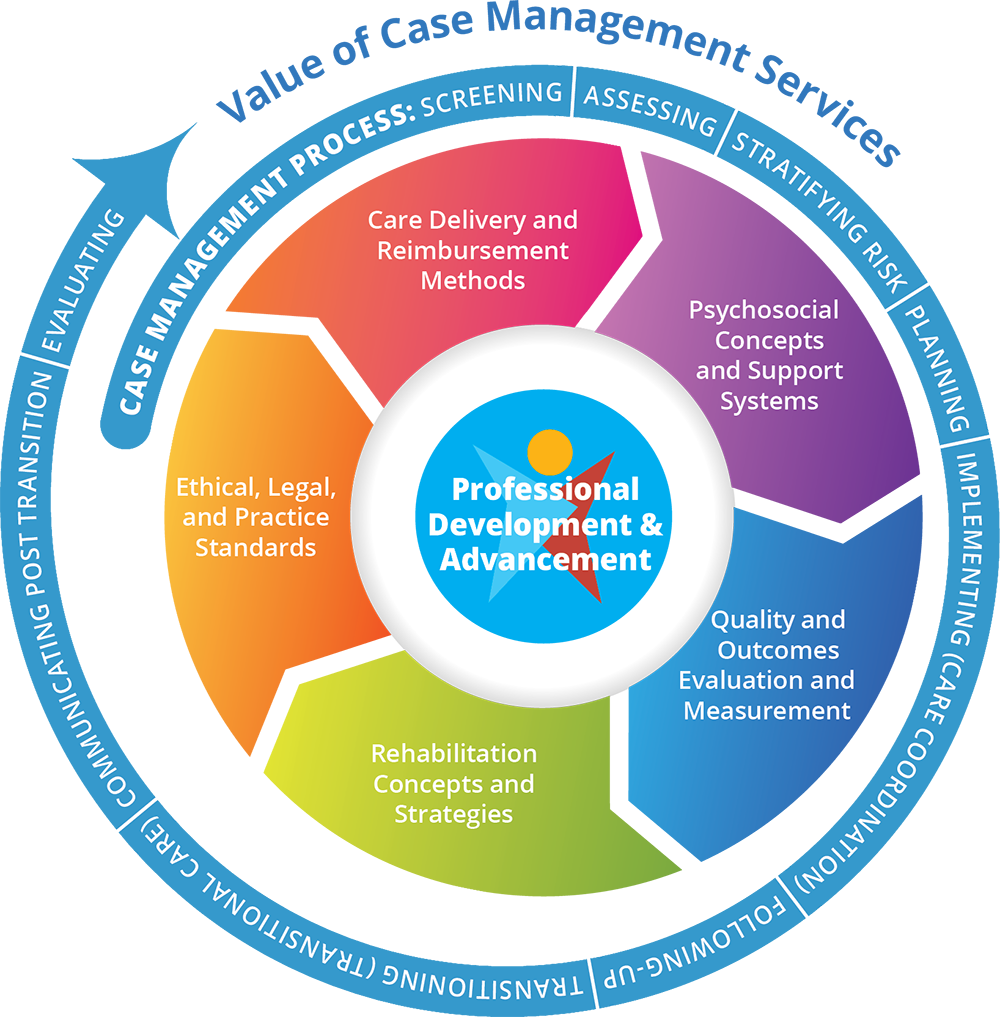When someone you love is first diagnosed with diabetes, your stress level may be high as a result of the lifestyle changes you may need to help your loved one make. For instance, you might join him or her with healthier eating and exercising. You’ll also want to make sure your loved one is taking medicine as prescribed by the doctor so that his or her blood levels stay steady.
But as time goes by, this “new normal” may become more stressful. He or she may have diabetes-related complications that require more doctors’ appointments or visits to the hospital. You may find you’re taking days off from work or changing your daily routines. You might find yourself getting irritable and tired. In short, you may start feeling burnt out.
Remember: You can’t take care of anyone else if you don’t take care of yourself first. Check out this list of suggestions. They’ll not only give you a sense of well-being, but may help you be a better caregiver, too.
• Don’t neglect your own health. It’s easy to overlook a doctor or dentist appointment when you’re busy taking care of someone else. Make sure you are taking your own medicines and keeping any appointments you’ve made
• Get enough sleep. No one can function well when they haven’t had a good night’s sleep
• Help reduce your stress with yoga, meditation, or a massage. Some health plans offer discounts for these services. And who knows? You might find a relaxing activity you can do with your loved one
• Ask for help! Your friends and family are happy to do something for you if it’ll make you feel better. Food shopping. Walking the dog. Going to the dry cleaner. These little things might not seem like much to them, but having someone else do them can give you a much-needed break
• Make some “me” time. It doesn’t have to be a big night out. You can watch a TV show or go to a movie. Take a nap. Read a few pages of a book. Something that is just for you
• Be on the lookout for any signs of physical and emotional stress. Are you feeling tired? Experiencing lower back or neck pain? Are you gaining or losing too much weight? Are you worrying too much or feeling overwhelmed and alone? If any of these symptoms sound familiar, talk to your health care professional
*This information is provided as general knowledge only and is not medical advice. If you have questions or concerns, you should talk to your health care professional.
For additional resources, ask your care manager.
NEXT PAGE: COMPLICATIONS OF DIABETES: TRACKING AND MANAGEMENT OF YOUR DISEASE

